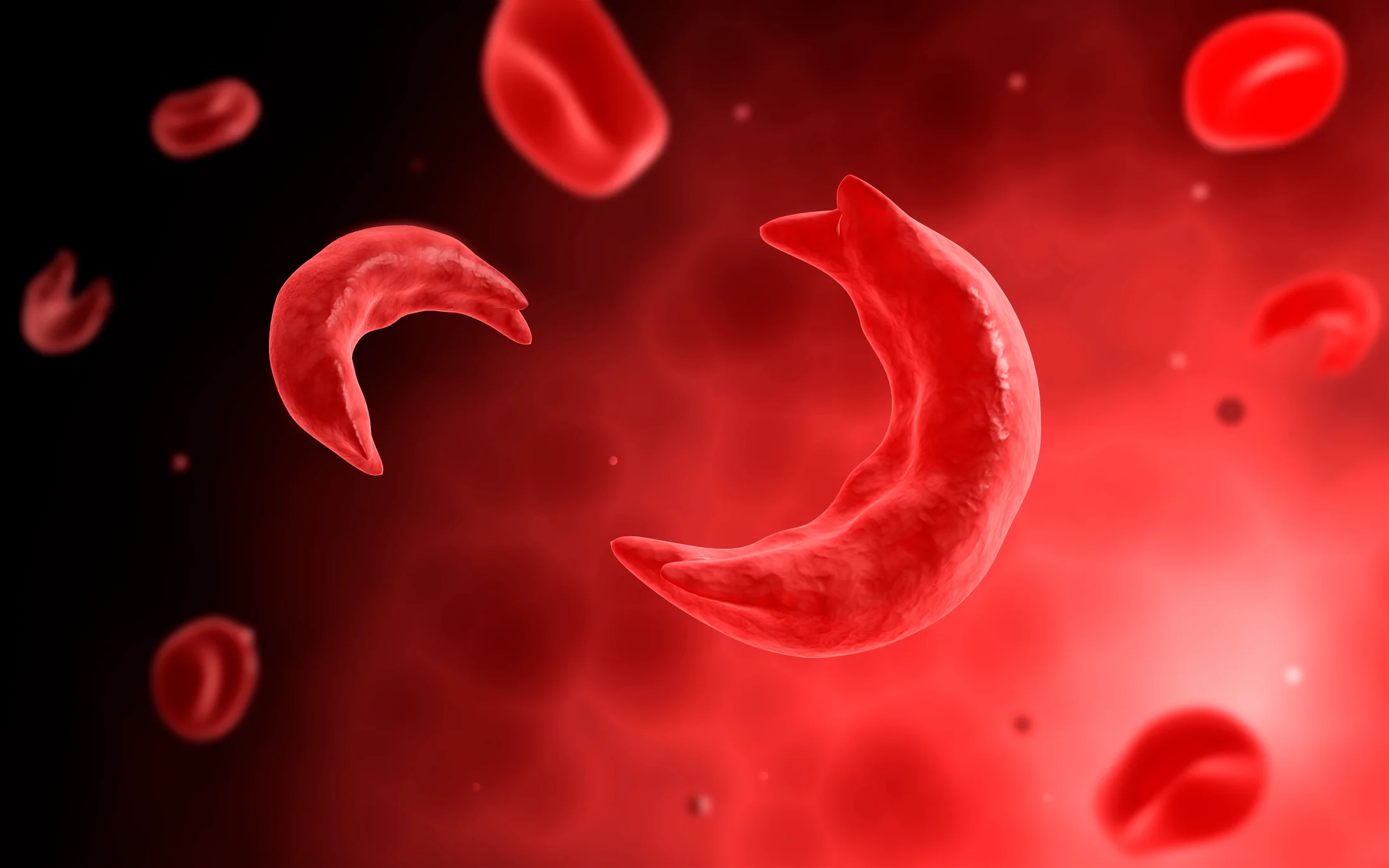
What if we tell you that now we have a way out for those suffering from sickle cell disease or beta thalassemia? We are not making this up, it is happening. In the recent news published in The Hindu, the UK drug regulators have approved two therapies that can change the treatment landscape of these two rare conditions.

Just under a month following the UK drug regulator’s approval of Casgevy, a gene therapy designed to address sickle cell disease and beta thalassemia in individuals aged 12 and above, the U.S. FDA has now granted approval for two gene therapies—Casgevy and Lyfgenia—specifically for the treatment of sickle cell disease in patients over 12 years old. The decision regarding the approval of Casgevy gene therapy for treating beta thalassemia is anticipated by March 2024. These pivotal approvals signify the commencement of utilizing the CRISPR-Cas9 tool in gene therapy to address conditions traditionally treatable only through bone marrow transplantation.
Lyfgenia employs a disabled lentivirus as a vector to introduce a new gene for hemoglobin, mimicking the healthy version, into blood stem cells. On the other hand, Casgevy utilizes the CRISPR-Cas9 gene-editing tool to disable the BCL11A gene, which inhibits the production of fetal hemoglobin in blood stem cells.
By disabling this gene, the production of fetal hemoglobin, devoid of the abnormalities of adult hemoglobin, becomes a viable treatment for patients with sickle-cell disease or beta thalassemia. Approximately 10% of adults naturally produce fetal hemoglobin, while the BCL11A gene prevents its production in others.
In clinical trials, Casgevy gene therapy provided relief to 28 out of 29 sickle-cell disease patients from the debilitating effects for a year. For beta thalassemia, 39 out of 42 patients did not require blood transfusions for a year, with a more than 70% reduction in the need for transfusions in the remaining three. Lyfgenia clinical trials demonstrated that 30 out of 32 sickle cell disease patients did not experience severe blocked blood flow caused by sickle cells, and 28 out of 32 patients did not have blocked blood flow events six to 18 months post-infusion.

As both gene therapies utilize the patient’s own blood cells for gene editing, the potential patient pool is substantial, eliminating the need for matching bone marrow donors. However, the reality is that these treatments are expected to be prohibitively expensive.
Similar to bone marrow transplantation, only specific hospitals equipped to extract a patient’s blood stem cells and employ the genetic editing tool before reinjecting them will be able to offer these treatments, limiting the number of beneficiaries.
Given the small scale and duration of clinical trials, continuous monitoring of safety and efficacy through real-world data is crucial, considering the potential for unintended genetic modifications and their associated side effects when utilizing the CRISPR-Cas9 tool.
Importance of Medical Tourism and Travel Facilitators in Treatment Delivery
Medical tourism facilitators like Treatians can very well take an edge over the discoveries by enabling the healthcare accessibility. The world is coming together and to help the global platform to get affordable health treatment, medical travel can open many doors.
Medical travel facilitators play a crucial role in the context of gene therapies and advanced medical treatments like Casgevy and Lyfgenia. Their role extends beyond traditional medical procedures, as gene therapies often involve specialized and complex processes.
Understanding and navigating the healthcare systems of different countries can be challenging for patients seeking gene therapies. Medical travel facilitators provide guidance on logistics, legalities, and regulations, helping patients smoothly navigate the complexities of receiving treatment abroad.



